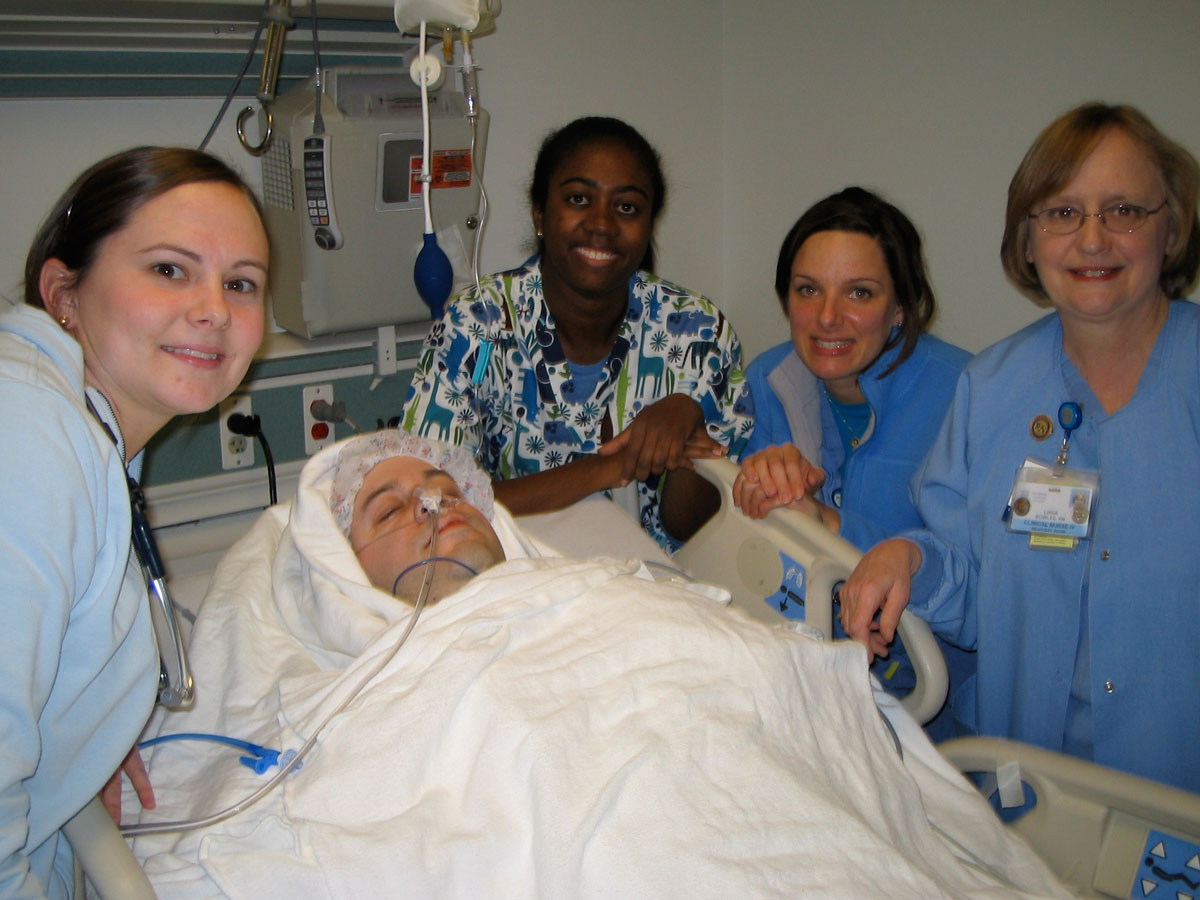

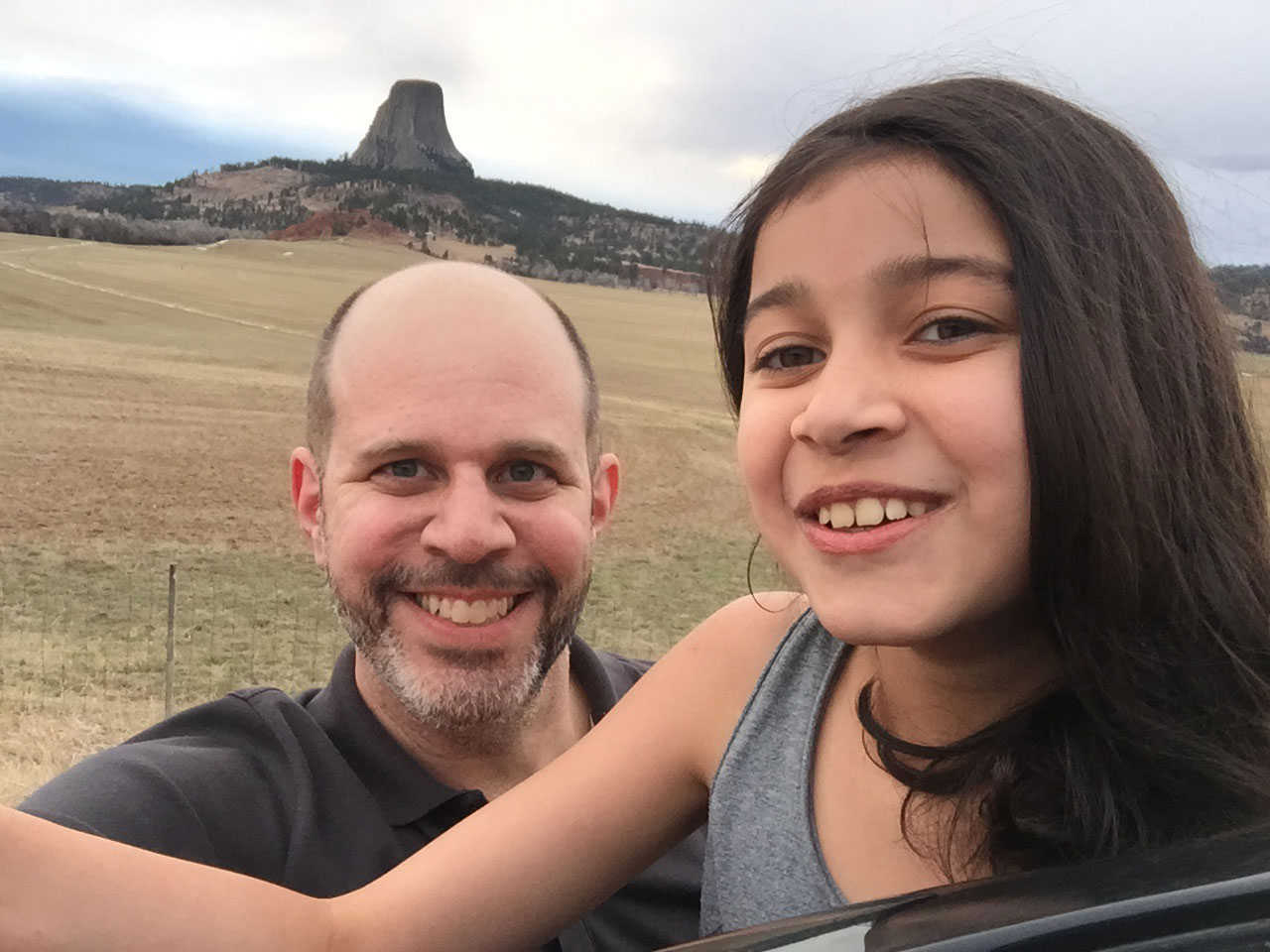

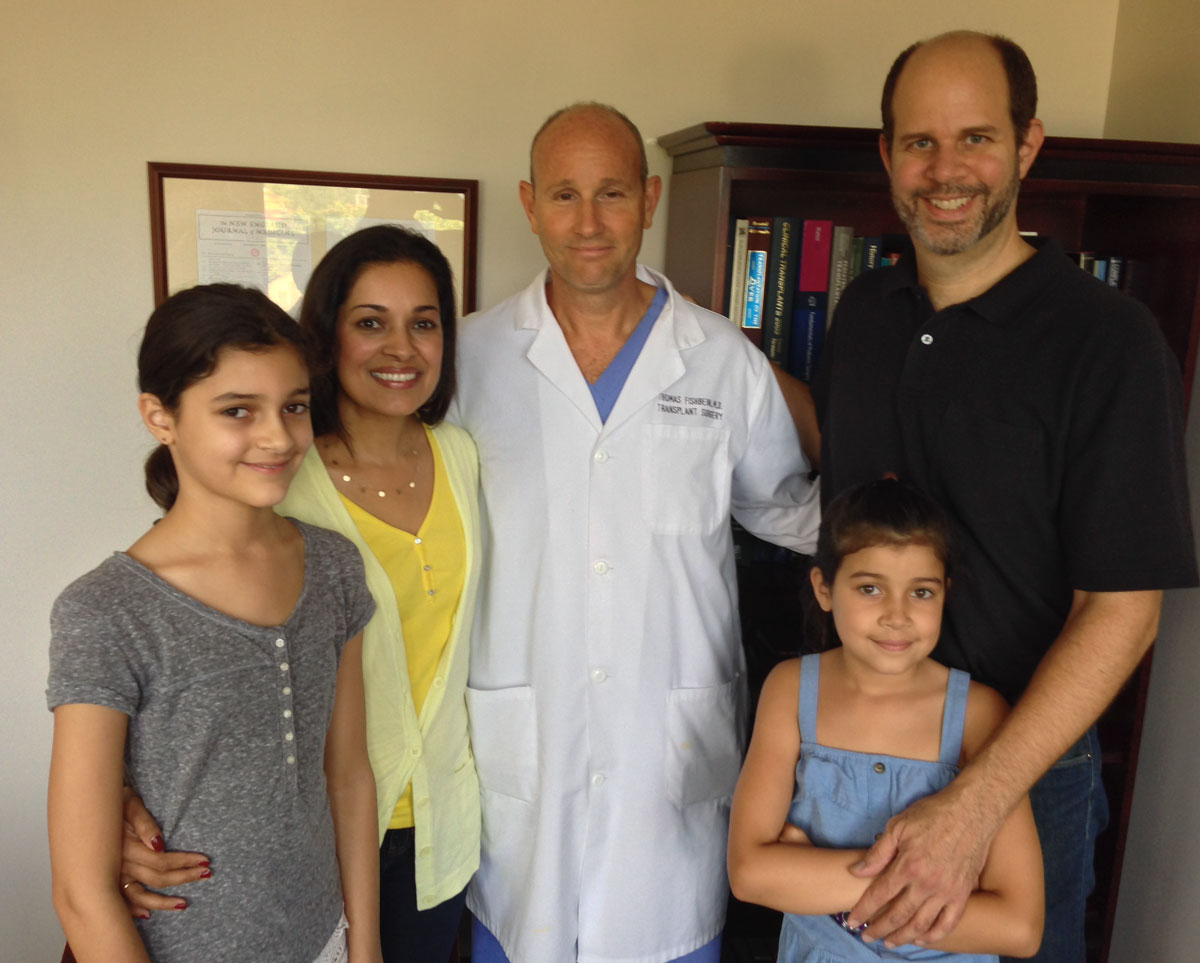

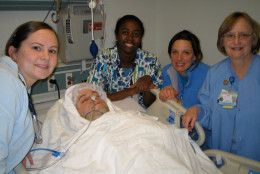
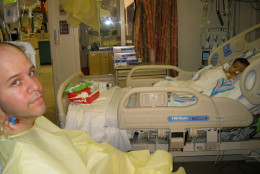
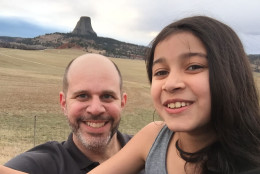
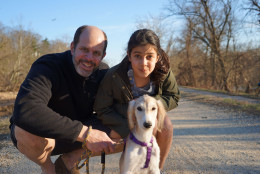
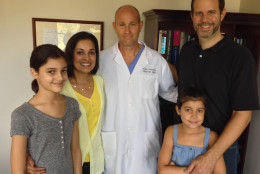
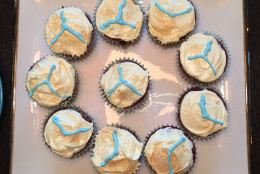
WASHINGTON — A lot of parents say they would do anything for their child. D.C. dad Miles Fawcett actually did it.
When his daughter Serena was born 10 years ago with a bad liver, Fawcett gave his baby girl part of his.
That kind of living donor transplant is fairly rare in the United States, where most organs come from cadavers.
But there are limited options for infants, especially ones such as Serena, who had a condition called biliary atresia — the most common cause of liver transplants in children.
The diagnosis was overwhelming for both Fawcett and his wife, Mira Saxena. They put their baby on the regular transplant list, and then got tested to see whether one of them could be a living donor.
“My blood type was a match,” Miles said, remembering the day the call came to their home in American University Park, and the sense of relief that washed over his body.
He spent months getting in shape for the surgery as Serena grew to a size considered safe for transplantation.
On Jan. 2, 2007, father and daughter were rolled into adjacent operating rooms at the MedStar Georgetown University Hospital, where medical teams removed 13 percent of Fawcett’s liver, and transplanted it into his 7-month-old daughter.
They could do this because the liver is unique, says Dr. Cal Matsumoto, director of the hospital’s living donor transplant program.
“You can remove a portion of the liver and have all the key vital components that are necessary in order to implant that portion into another person,” he said.
And if you remove a portion of the liver, the organ will regenerate.
“The liver will actually grow back within a few weeks, depending on how much liver is removed,” Matsumoto said.
He was part of the transplant team that worked with the Fawcett family, and is not surprised to see that years after the surgery, father and daughter are doing well.
This spring, on a whim, they headed off to Idaho on their first father-daughter road trip. Fawcett says it was a fantastic adventure, while Serena remembers how much fun it was simply to spend time alone with her dad.
They share a special bond, along with their matching scars. Fawcett says to this day he believes it is a blessing that he had the opportunity to save his child, and when he sees her now, healthy and happy, it is the gift that keeps on giving.
“Every day is a gift — it is not just about Father’s Day,” he said.
Serena says come Sunday, June 19, she will probably team up with her 13-year-old sister Saira and treat their dad to presents and breakfast in bed.
But a much bigger deal for this family is “Scar Day” — celebrated each Jan. 2 with homemade cupcakes decorated with icing squiggles meant to represent those matching scars, a reminder of the surgery that bound a child to her father in a very physical way, and saved her life.







